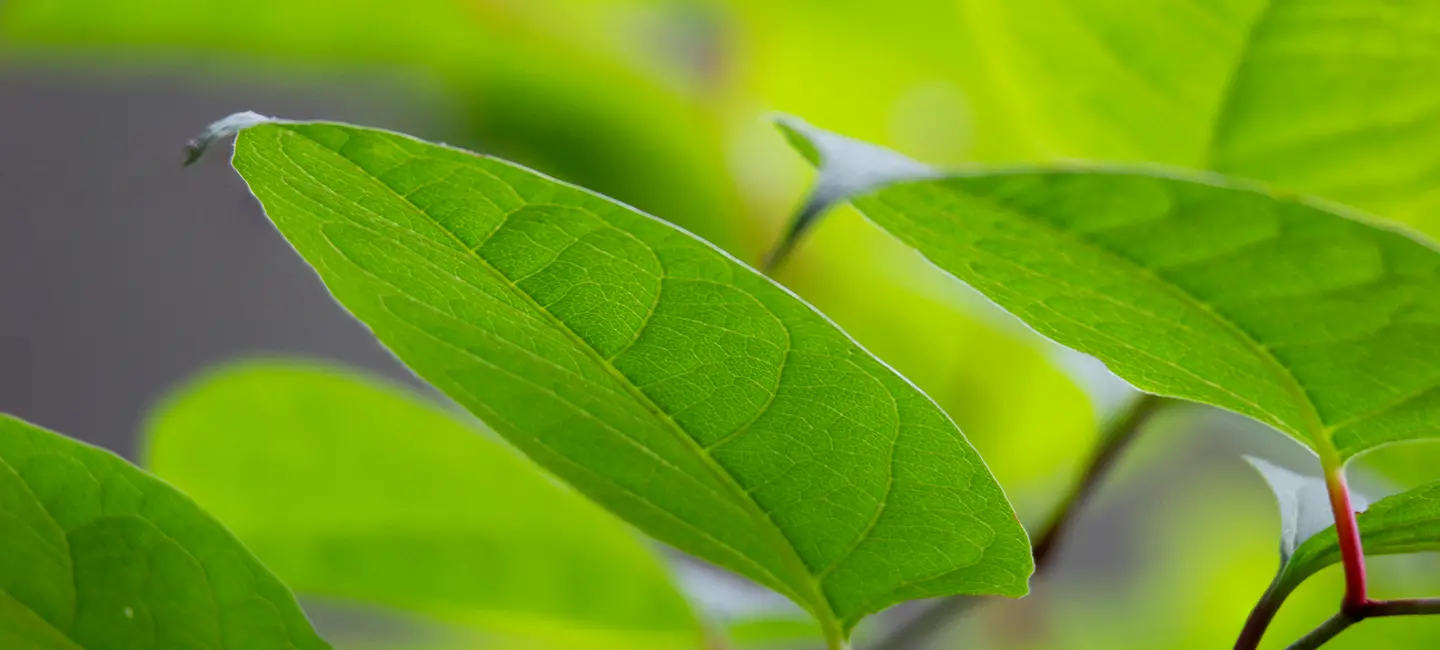
Knotweed is an herb. The whole flowering plant is used to make medicine.
Knotweed is used for swelling (inflammation) of the main airways in the lung (bronchitis), cough, sore throat, a mild form of gum disease (gingivitis), and other conditions, but there is no good scientific evidence to support these uses.
Is It Effective?
NatMed Pro rates effectiveness based on scientific evidence according to the following scale: Effective, Likely Effective, Possibly Effective, Possibly Ineffective, Likely Ineffective, Ineffective, and Insufficient Evidence to Rate.
- A mild form of gum disease (gingivitis). Early research suggests that a root extract of knotweed might be useful as a mouth rinse to treat gingivitis, decreasing bleeding and swelling of the gums.
- Swelling (inflammation) of the main airways in the lung (bronchitis).
- Cough.
- Skin irritation.
- Sore throat.
- Stopping bleeding.
- Tuberculosis.
- Other conditions.
More evidence is needed to rate the effectiveness of knotweed for these uses.
Is it Safe?
Knotweed might be able to reduce the swelling and bleeding that occur with gum disease.
When taken by mouth: Knotweed is POSSIBLY SAFE when taken by mouth short-term. Three to four cups of tea per day, each prepared with 1.5 grams of knotweed powder, have been used with apparent safety.
When applied to the skin: Knotweed is POSSIBLY SAFE when used in a mouthwash twice daily for up to 2 weeks.
Special Precautions & Warnings:
Pregnancy and breast-feeding: There isn't enough reliable information to know if knotweed is safe to use when pregnant or breast-feeding. Stay on the safe side and avoid use.
It is not known if Knotweed interacts with any medicines. Before taking Knotweed, talk with your healthcare professional if you take any medications.
There are no known interactions with herbs and supplements.
There are no known interactions with foods.
The appropriate dose of knotweed depends on several factors such as the user's age, health, and several other conditions. At this time there is not enough scientific information to determine an appropriate range of doses for knotweed. Keep in mind that natural products are not always necessarily safe and dosages can be important. Be sure to follow relevant directions on product labels and consult your pharmacist or physician or other healthcare professional before using.
Allseed Nine-Joints, Anjubar, Armstrong, Aviculaire, Beggarweed, Bian Xu, Bird's Tongue, Birdweed, Centinode, Centinodia, Cow Grass, Crawlgrass, Doorweed, Herbe aux Cent Nœuds, Herbe à Cochon, Herbe aux Panaris, Herbe des Saints-Innocents, Hogweed, Knot Grass, Knotweed Herb, Lengua de Pajaro, Lis Glané, Mexican Sanguinaria, Ninety-Knot, Pigrush, Pigweed, Polygoni Avicularis Herba, Polygonum aviculare, Red Robin, Renouée des Oiseaux, Sanguinaria, Sparrow Tongue, Swine Grass, Swynel Grass, Tire-Goret, Trainasse, Vogelknoeterichkraut, Yerba Nudosa.
Information on this website is for informational use only and is not intended to replace professional medical advice, diagnosis, or treatment. While evidence-based, it is not guaranteed to be error-free and is not intended to meet any particular user’s needs or requirements or to cover all possible uses, safety concerns, interactions, outcomes, or adverse effects. Always check with your doctor or other medical professional before making healthcare decisions (including taking any medication) and do not delay or disregard seeking medical advice or treatment based on any information displayed on this website.
© TRC Healthcare 2024. All rights reserved. Use and/or distribution is permitted only pursuant to a valid license or other permission from TRC Healthcare.
